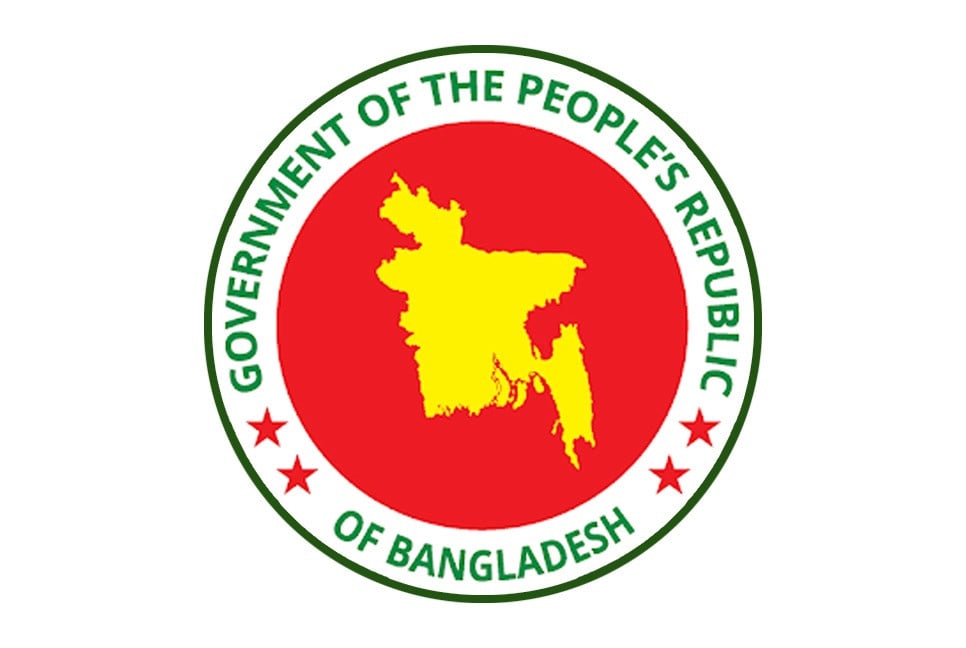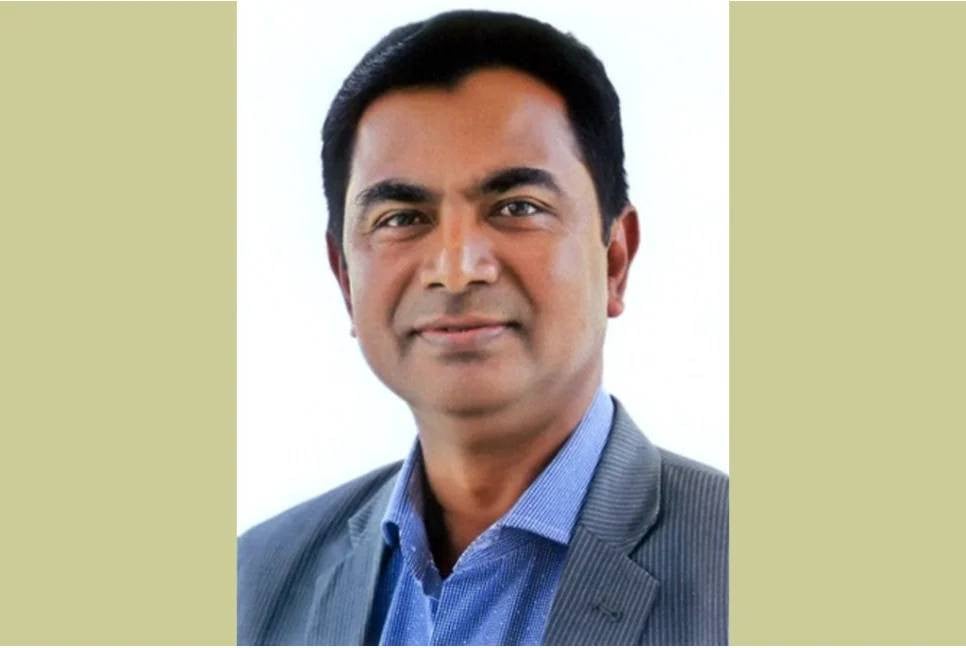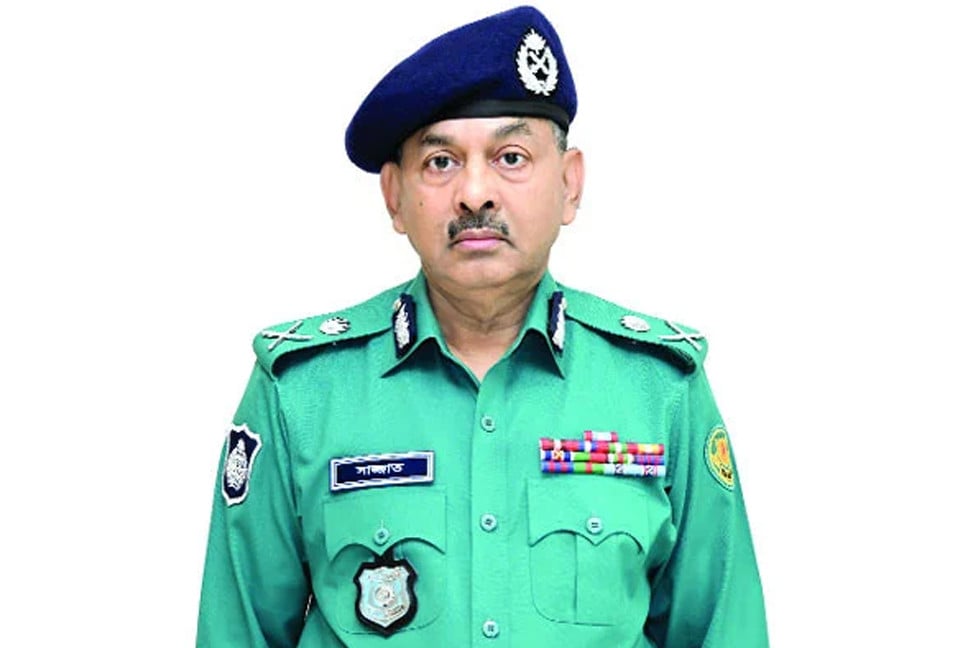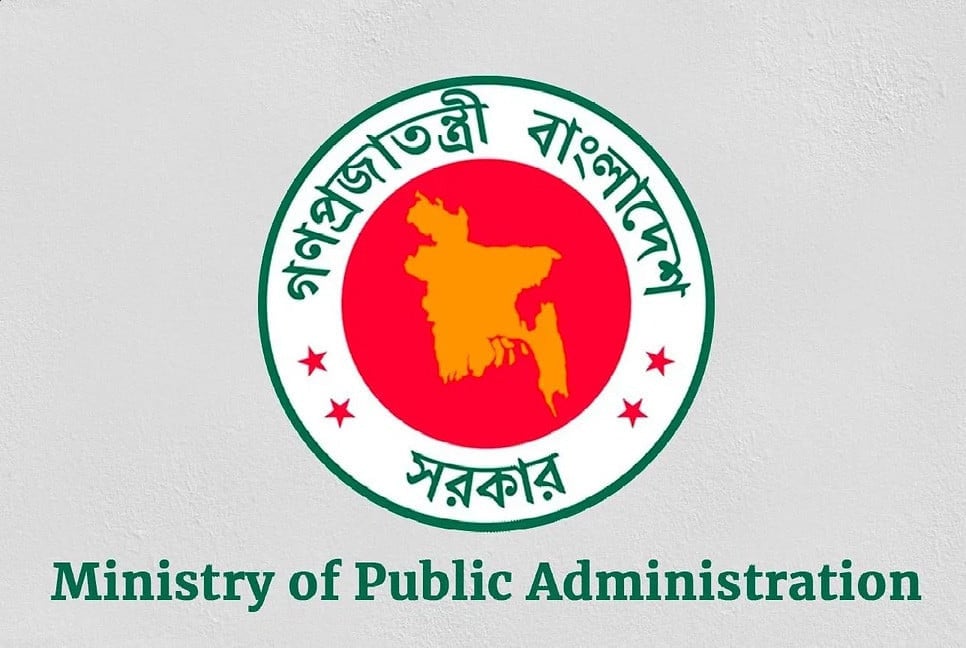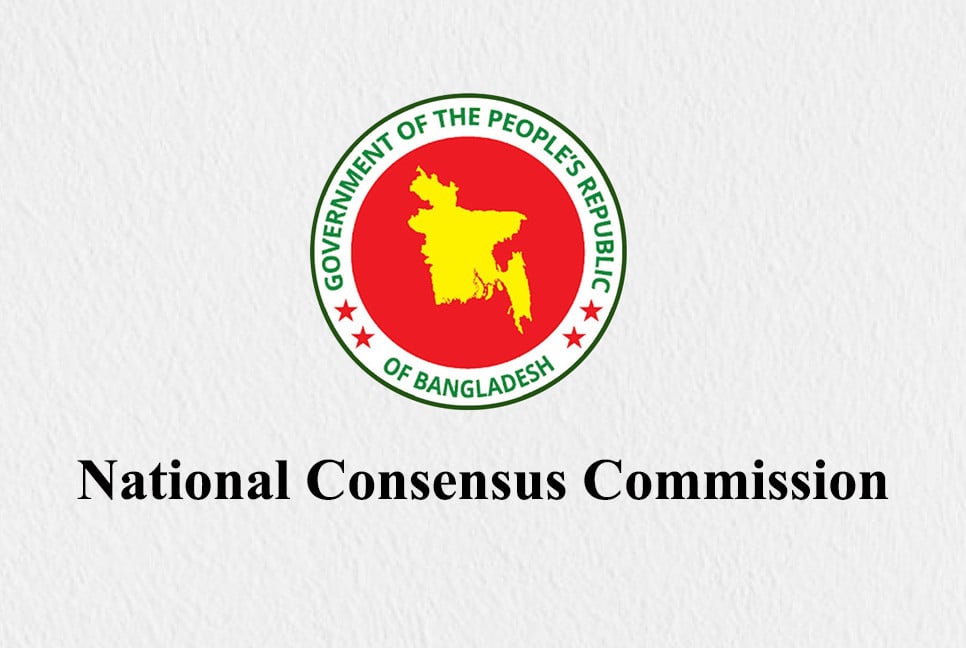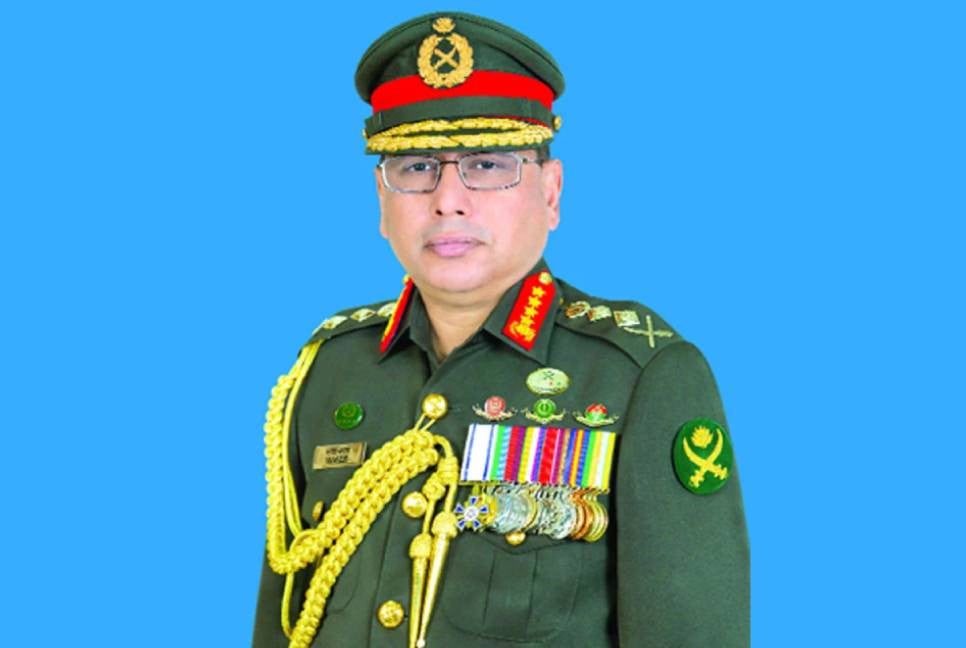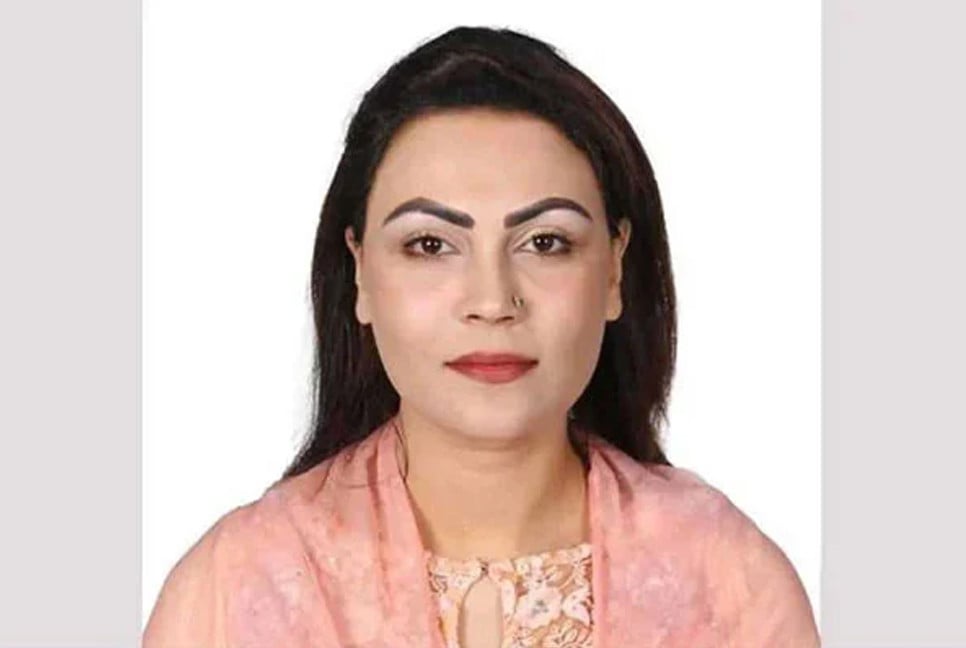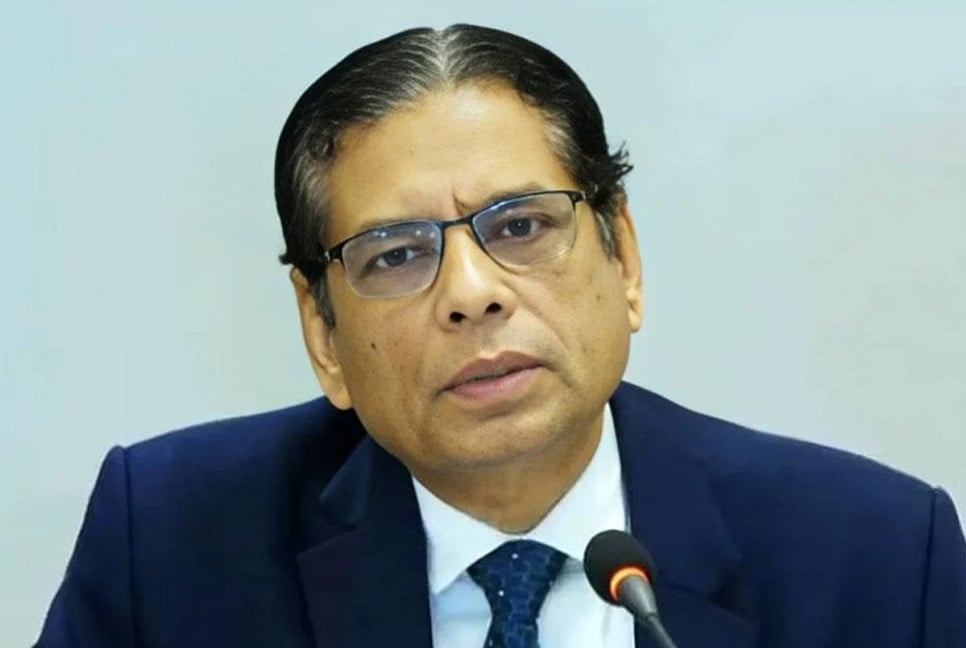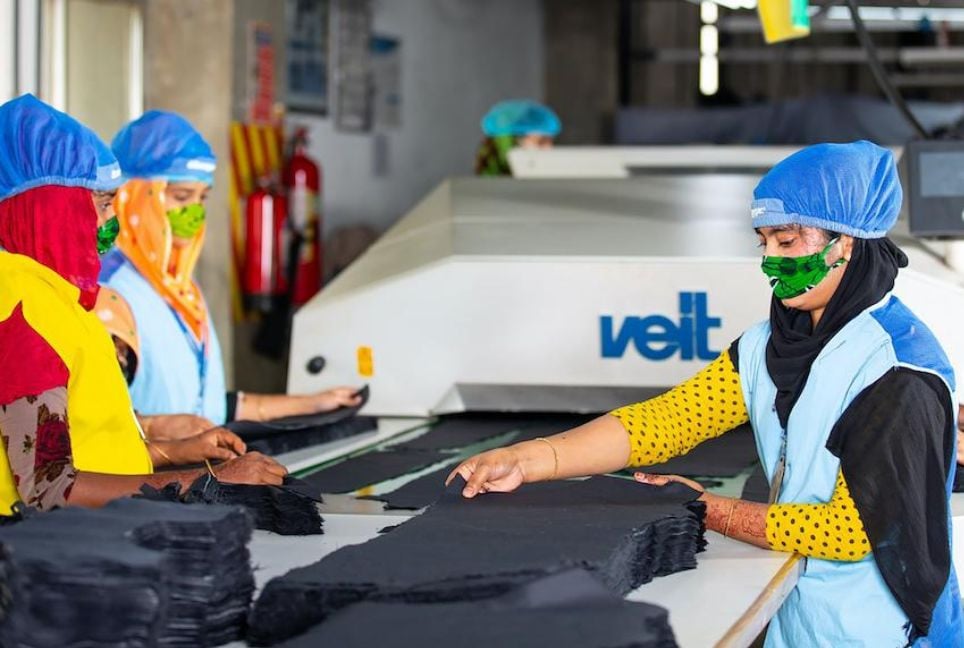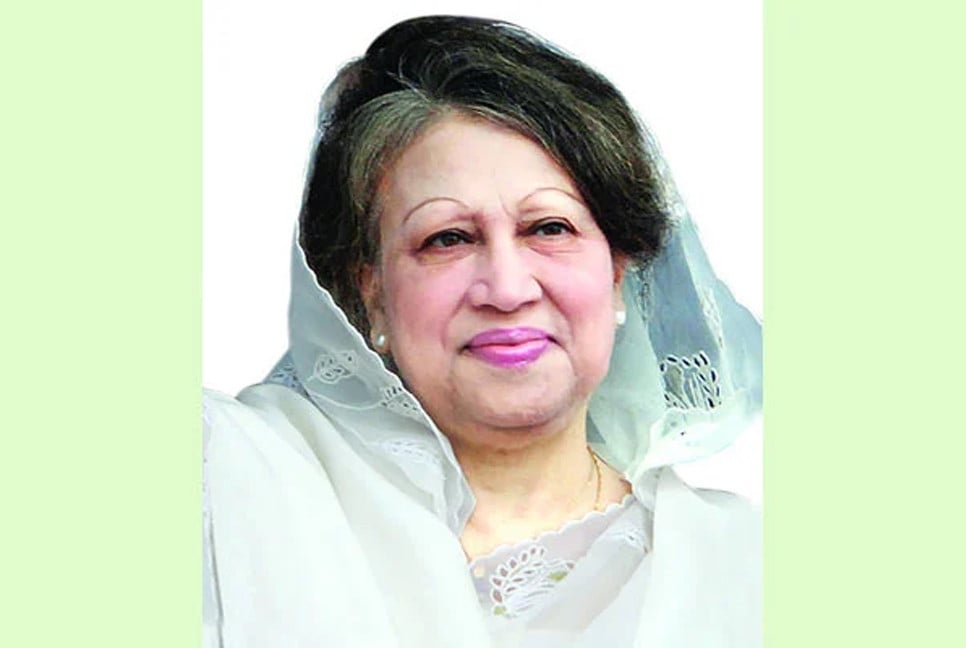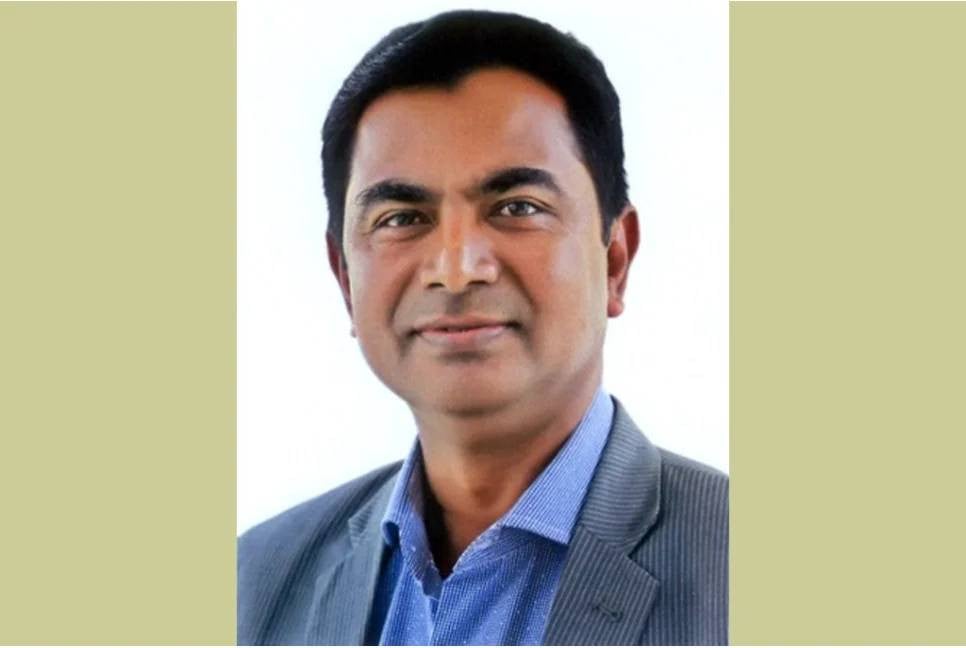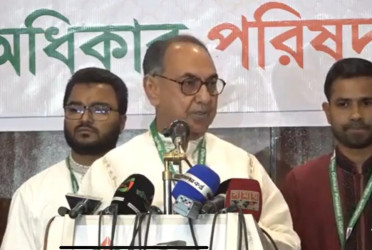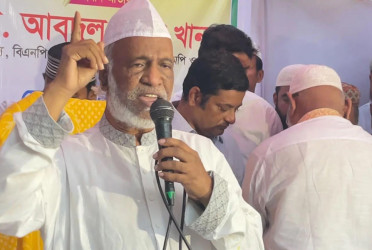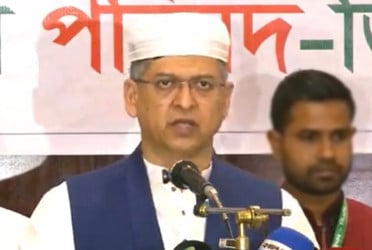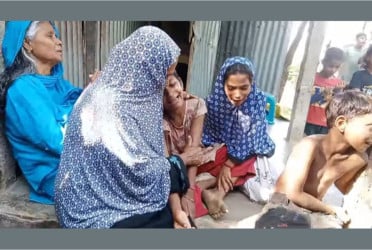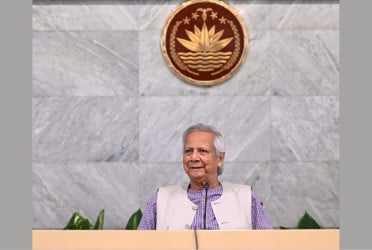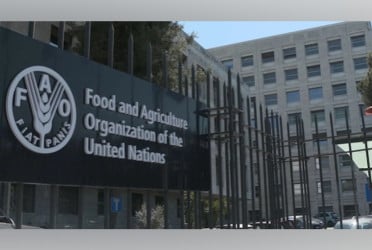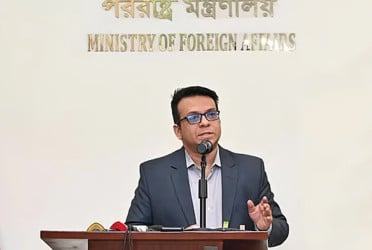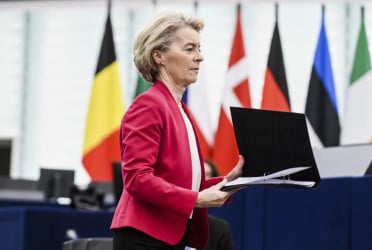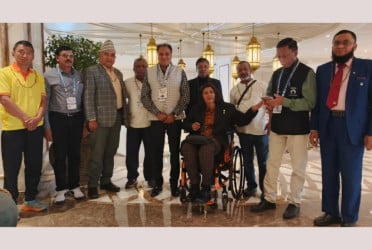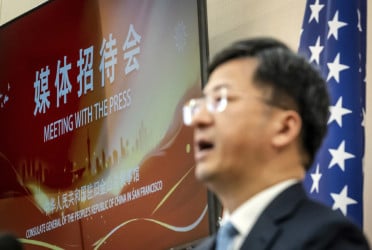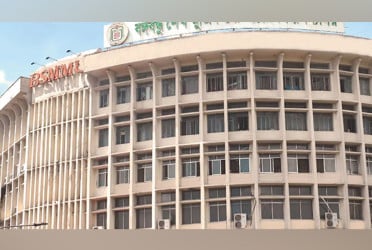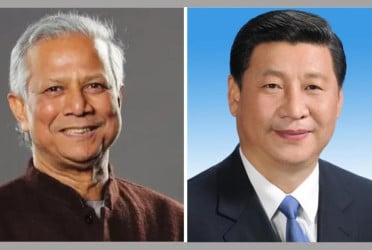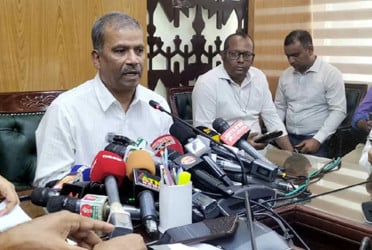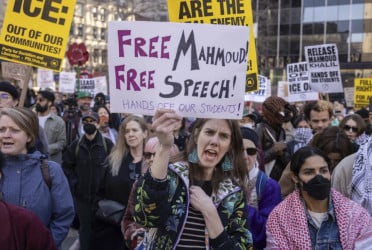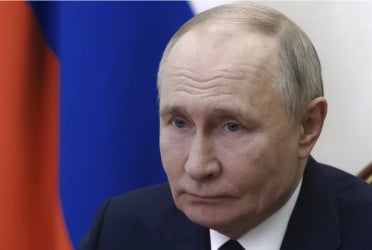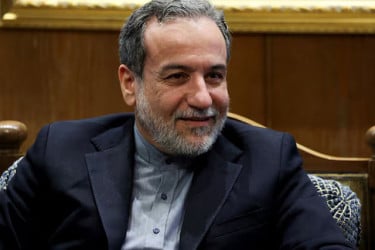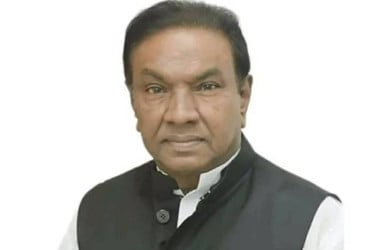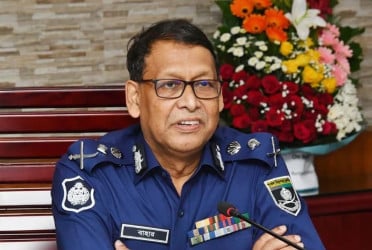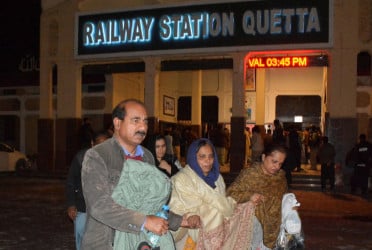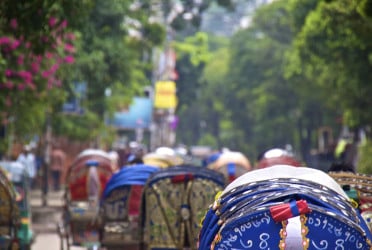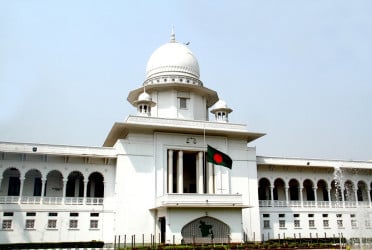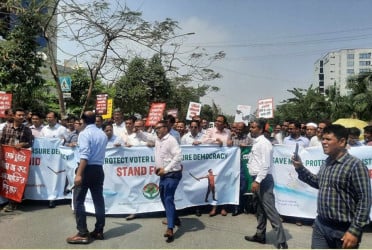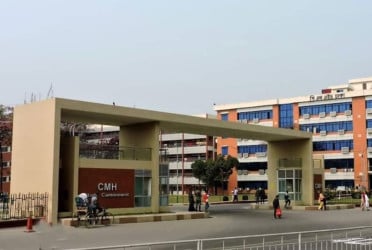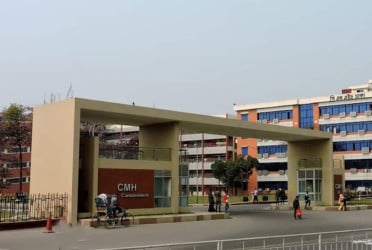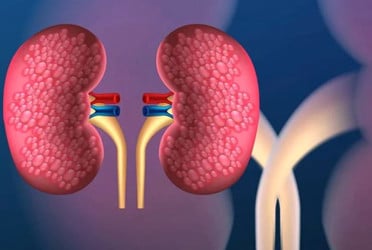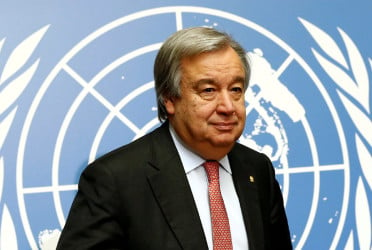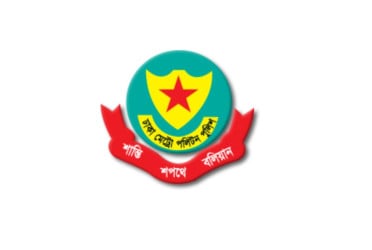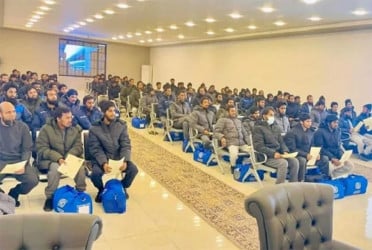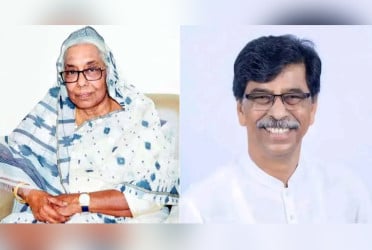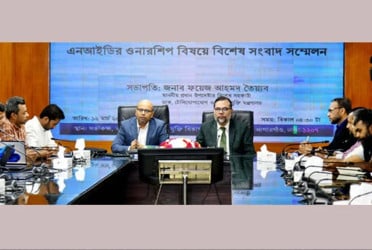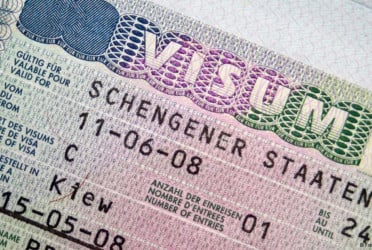As the interim government led by Nobel Peace Prize laureate Professor Dr. Muhammad Yunus marks six months in power, its challenges continue to escalate, both from internal and external forces. Today, February 8, the government celebrates its half-year anniversary, but also faces growing conspiracies aimed at undermining its stability.
The Chief Advisor has sought international assistance in navigating these challenges, reaching out to global leaders to support the country’s reform programs and efforts to recover laundered funds. Drawing on his personal relationships, Dr. Yunus has engaged in discussions with heads of state and government, emphasizing the importance of economic reconstruction and reform in line with the aspirations of the post-uprising student population.
In addition to attending the UN General Assembly, Dr. Yunus held a series of bilateral meetings at the World Economic Forum in Davos, Switzerland. He has appealed to international bodies such as the UN, ILO, European Commission, and the World Bank to lend support in resolving the nation's crisis. He also urged the UN High Commissioner for Refugees to take a more vocal stance on the ongoing Rohingya refugee issue.
Despite these concerted diplomatic efforts, the government’s challenges remain unrelenting. Since its formation, the interim administration has faced a constant barrage of demands and opposition, with no signs of the pressure easing in the near future.
As a result, problems are being created in implementing the steps taken by the government to achieve its goals. Economic stagnation has also created a crisis. The commodity price syndicate could not be broken. Extortion and robbery have increased. All books have not yet been delivered to students. There is also stagnation in administrative work. There have been incidents such as the siege of the residence of the chief advisor on the allegation that those injured in the July uprising did not receive proper medical assistance.
However, in response to these situations, the judicial activities of the International Crimes Tribunal for the trial of genocide in July-August have begun.
Six months after the formation of the government, it is trying to field the police as a disciplined force to manage the law and order situation.
However, due to the lack of necessary equipment including manpower, weapons, vehicles, that effort is not getting much success.
In the meantime, various steps have been taken to restore the morale of the police. The traffic police are also trying to resolve traffic congestion in the capital. Government officials hope that if new manpower is appointed to the police, the traffic congestion and the law and order situation will further improve.
Despite some positive steps and reform initiatives by the government, political uncertainty has increased. There is still no consensus on the students' July declaration. After the July uprising, the interim government was formed on August 8 with the political consensus, and there is some disagreement on the issue of elections six months later. Even as this government has completed its six-month term, there is no clear announcement on when the elections will be held.
In addition to political uncertainty and deteriorating law and order situation, the country's economic stagnation has become a major challenge for the government. Factories are closing one after another. Hundreds of workers are becoming unemployed. The gas and electricity crisis has not ended.
In addition, the government continues to increase fuel prices. The deficit in revenue collection is increasing. Development spending is decreasing while non-development spending is increasing. Although vegetable prices have decreased in winter, inflation is still in the double digits. In the meantime, VAT has been increased in some cases to increase consumer spending. There is still a liquidity crisis in banks. The dollar crisis has not ended either.
Many companies are announcing the closure of their factories after failing to import raw materials. Although businessmen and entrepreneurs are suffering from a crisis of confidence, there has been no message from the top level of the government to restore confidence. The government-formed white paper preparation committee to address economic challenges recommended short, medium and long-term plans, but the government has not yet adopted any plan according to those recommendations.
Dr Fahmida Khatun, Executive Director at the Centre for Policy Dialogue (CPD), recently said at an independent review of the country's economy, “Although the interim government has been in office for six months, no steps have been taken to bring relief to public life and business. Although the first six months of the fiscal year have passed, we have not seen much movement in the economy so far. After the formation of the interim government on August 8 after the student-public uprising, many sector-based reform programs have been taken. We are noticing some economy-focused reforms. However, so far, no significant changes have been seen to bring relief to the lives of the people or to the business sector.”
(Translated by Tanvir Raihan)

